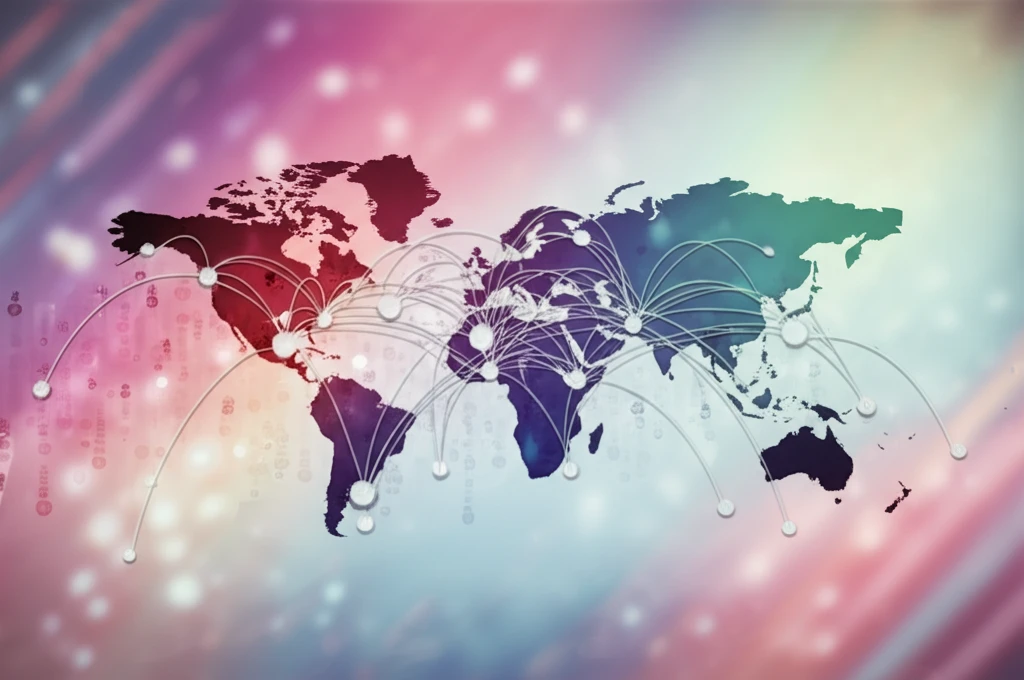
Are Your Online Friends Really That Far Away? The Surprising Truth About Digital Proximity
"New research reveals how geographical distance still shapes our online social circles in unexpected ways."
We live in an era where social media connects us with people across the globe, seemingly shrinking the world and making distance irrelevant. However, new research suggests that geography still matters, even in our digital lives. The connections we form online are not as detached from our physical surroundings as we might think.
Online social networks, while vast and global, echo patterns found in traditional, offline relationships. Understanding how geographical proximity influences online interactions can help us refine friend recommendations, enhance our understanding of cultural differences, and appreciate the complexities of our increasingly virtual world. The pandemic-driven shift to virtual interactions has only amplified the importance of exploring these dynamics.
This article delves into a recent study analyzing how proximity affects user behavior on a global online social network. By examining connection patterns and user demographics, we uncover surprising insights into how physical space continues to shape our digital relationships.
The Enduring Power of Proximity: How Distance Affects Your Digital Connections

A recent study investigated the impact of geographical distance on link formation in a global online social network. Using a dyadic Logit model, the researchers analyzed a snapshot of user interactions to determine how likely users were to connect based on their location.
- Country-Specific Patterns: The impact of distance on connection probabilities differs significantly between countries, highlighting cultural and regional variations.
- Meeting in Person Matters: The effect of proximity is stronger when there's a possibility for people to meet in person, suggesting a desire to build relationships with those nearby.
- Strong vs. Weak Ties: Dependence on proximity is looser for strong social ties compared to weaker ones, indicating that deeper connections can overcome geographical barriers more easily.
What Does This Mean for You? Key Takeaways and Implications
The study underscores the enduring influence of geography on our online interactions, despite the digital world's promise of global connectivity. It shows that physical proximity continues to shape the probabilities of forming connections. In many ways, the web amplifies, rather than diminishes, some human tendencies.
